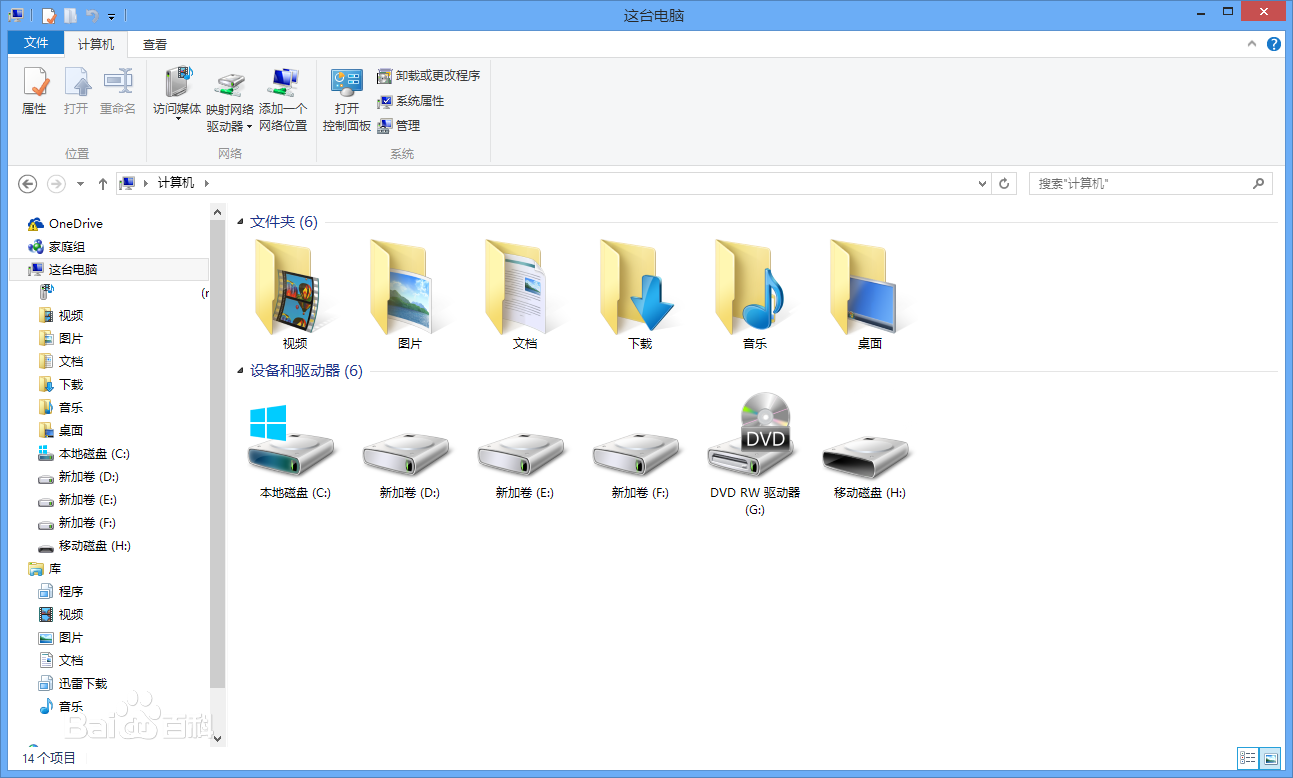The rigid MPI programming model and batch scheduling dominate high-performance computing. While clouds brought new levels of elasticity into the world of computing, supercomputers still suffer from low resource utilization rates. To enhance supercomputing clusters with the benefits of serverless computing, a modern cloud programming paradigm for pay-as-you-go execution of stateless functions, we present rFaaS, the first RDMA-aware Function-as-a-Service (FaaS) platform. With hot invocations and decentralized function placement, we overcome the major performance limitations of FaaS systems and provide low-latency remote invocations in multi-tenant environments. We evaluate the new serverless system through a series of microbenchmarks and show that remote functions execute with negligible performance overheads. We demonstrate how serverless computing can bring elastic resource management into MPI-based high-performance applications. Overall, our results show that MPI applications can benefit from modern cloud programming paradigms to guarantee high performance at lower resource costs.
翻译:硬性MPI编程模型和批量时间安排模式主导着高性能计算。虽然云层给计算世界带来了新的弹性水平,但超级计算机仍然受到低资源利用率的影响。为了提高超载集群,利用无服务器计算的好处(一个现代的“现收现付”执行无国籍功能的云式编程模式)加强超载集群,我们展示了第一个“RFaaS”,即第一个“RDMA-aware 函数-as-as-Service(FaS)”平台。随着热度的探索和分散功能定位,我们克服了FaaS系统的主要性能限制,并在多租赁环境中提供了低持久性远程职业。我们通过一系列微信标来评估新的无服务器系统,并表明远程功能与微不足道的性能管理间接费用一起运行。我们展示了无服务器计算如何将弹性资源管理引入基于MPI的高性能应用程序。总体结果显示,MPI的应用可以受益于现代云型编程模式,以保证低资源成本的高性能。



